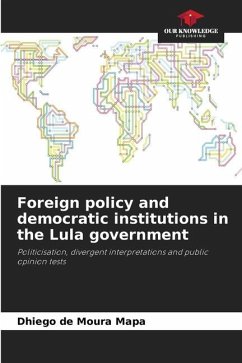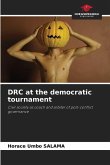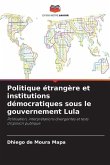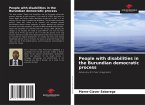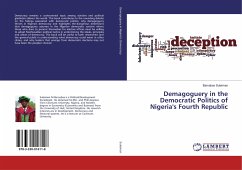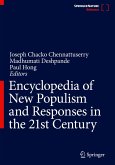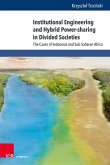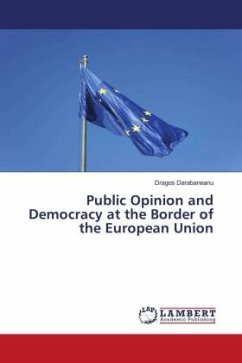The development of democratic institutions since the 1990s has restructured the decision-making process of national diplomacy, generating the politicisation of foreign policy. The apex of the movement came during the Lula administration, given the divergent perceptions about the pragmatism/rightness or ideologisation/equivocation of Brazil's foreign conduct. Monitoring the debate is the aim of this paper, whose research focused on the different opinions expressed about the Lula government's international insertion project by various social sectors (bureaucrats linked to Itamaraty, academic researchers and journalists). The data collected shows that the politicisation of foreign policy is deepening and even affects sectors linked to the foreign policy decision-making process.
Bitte wählen Sie Ihr Anliegen aus.
Rechnungen
Retourenschein anfordern
Bestellstatus
Storno

